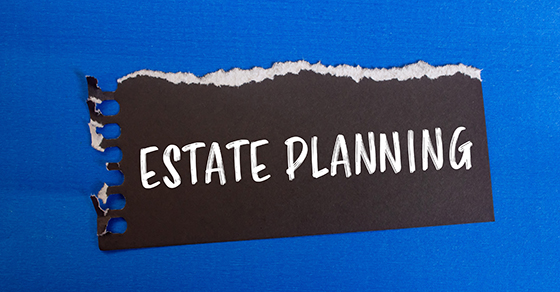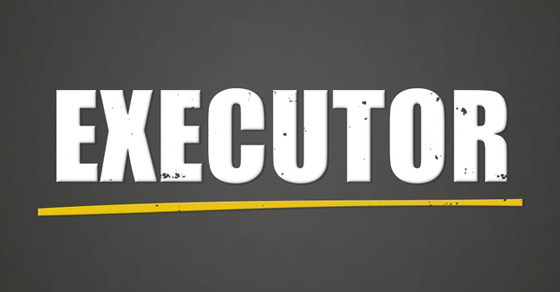Louisiana estate planning blog
Blog
The One, Big, Beautiful Bill Act Provides Certainty For Etate Planning
Stop Procrastinating And Get To Work On Your Estate Plan
Should A Living Trust Be Part Of Your Estate Plan?
Income Taxes Can Negatively Impact Your Estate Plan
If You’re Asked To Be An Executor, Be Sure You’re Up To The Task
How The One, Big, Beautiful Bill Proposes To Change The Gift And Estate Tax Exemption

Client Reviews
Octave A.
“We appreciate all the help and explanations to get the trust set up. It took such a short time to accomplish compared to just taking the first step! We would recommend the firm without hesitation. Thank you!”
Leonard K.
“Positive experience. They did a professional job. Very helpful and personable.”
Ted R.
“Graves helped with our estate planning and did an excellent job!”
Ron H.
“Graves handles my personal real estate law and is the best, hands down. He is VERY thorough and efficient. I highly recommend him!”
Maurice H.
“Graves has experience with all types of real estate law and we have used his firm for many years. He is honest, thorough, accurate, detailed and timely.”

Principal

Managing Attorney
From Our Blog

The One, Big, Beautiful Bill Act Provides Certainty For Etate Planning

Stop Procrastinating And Get To Work On Your Estate Plan

Should A Living Trust Be Part Of Your Estate Plan?

Income Taxes Can Negatively Impact Your Estate Plan

If You’re Asked To Be An Executor, Be Sure You’re Up To The Task

How The One, Big, Beautiful Bill Proposes To Change The Gift And Estate Tax Exemption
Serving clients nationally
Serving Louisiana, Washington, & Alaska
with office locations in:
- ALEXANDRIA
- LAFAYETTE
- SHREVEPORT
- NEW ORLEANS
- BATON ROUGE
- MONROE
- SEATTLE
- ANCHORAGE
Consultation
